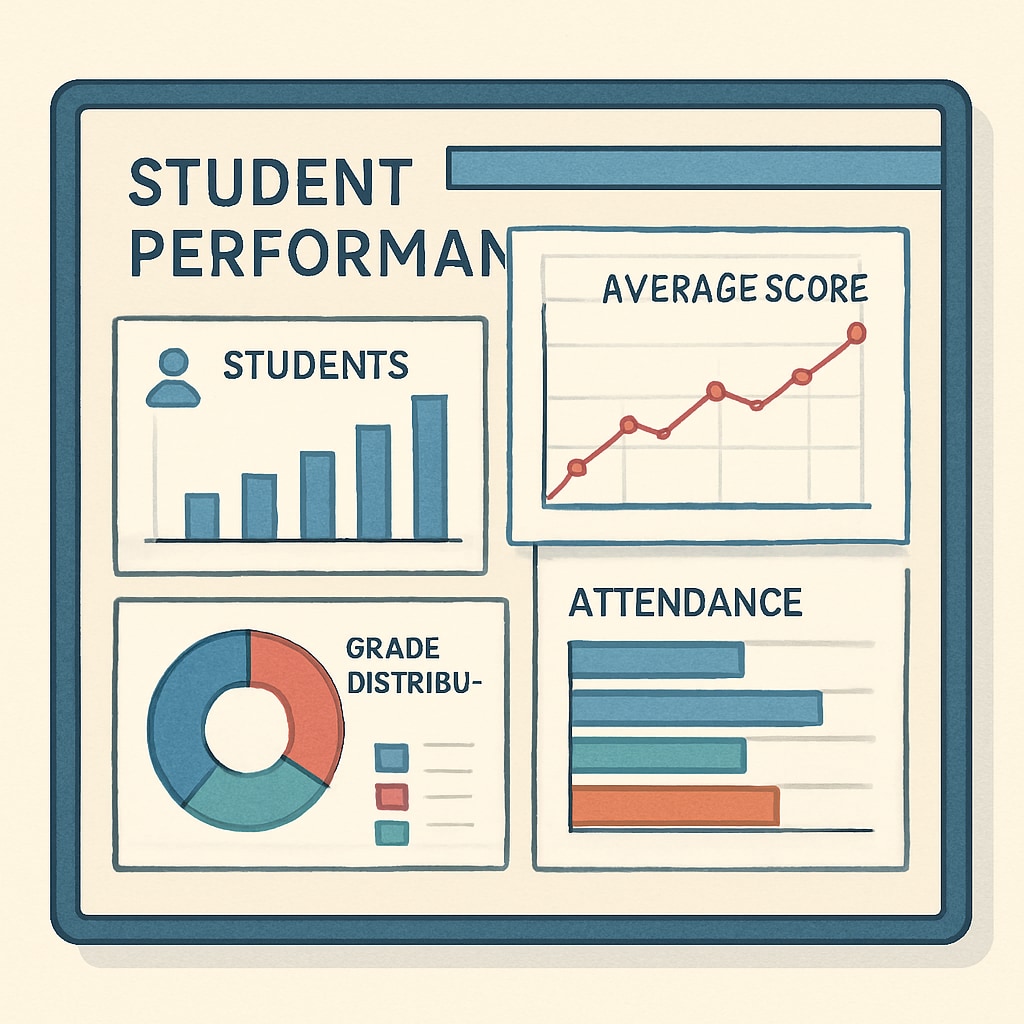The combination of business analytics and finance offers a powerful pathway for career development in the K12 education sector. This dual specialization equips professionals to tackle challenges in education management, drive innovations in education technology (edtech), and contribute to the international education market. Moreover, this career path often provides opportunities for high salaries and excellent work-life balance. In this article, we’ll explore how these two disciplines complement each other and their unique applications in the education space.
The Role of Business Analytics in K12 Education
Business analytics, the practice of using data to inform decision-making, has a transformative impact on K12 education. Schools and educational organizations increasingly rely on data-driven insights to enhance student outcomes, optimize resource allocation, and improve operational efficiency. For instance, predictive analytics can forecast student performance, enabling educators to provide early interventions.
Professionals with expertise in business analytics can contribute in many ways:
- Identifying patterns in student achievement and attendance data
- Optimizing school budgets and resources
- Evaluating the effectiveness of teaching methods
- Driving strategic decisions for curriculum development
In addition, business analytics tools such as Tableau, Power BI, and Python-based platforms are widely used in education to visualize and interpret complex data.

How Finance Complements Business Analytics in Education
While business analytics focuses on data interpretation, finance adds a critical layer of understanding regarding the economic aspects of educational systems. Finance specialists in the K12 sector work on budgeting, investment strategies, and long-term sustainability planning. When paired with business analytics, financial expertise enables schools to make more informed decisions about resource allocation and funding.
Some key financial responsibilities in the K12 sector include:
- Creating cost-effective solutions for implementing new technologies
- Analyzing funding sources and their impact on school programs
- Ensuring compliance with financial regulations and policies
- Developing forecasting models for future financial planning
This dual skill set is particularly valuable for education technology companies, where financial modeling and data analytics often drive product development and market strategy.

Global Opportunities and Work-Life Balance
Combining business analytics and finance opens doors to global career opportunities, especially in regions like the United States, Singapore, and Australia. These countries have robust K12 systems and are heavily investing in education technology and data-driven solutions.
For example:
- In the United States, edtech companies like Coursera and Khan Academy are leveraging analytics to personalize learning experiences.
- Singapore is known for its data-driven approach to education, making it a hub for professionals in this field.
- Australia focuses on inclusive education, where data analytics plays a key role in ensuring equitable access to learning resources.
Additionally, the K12 education sector often provides balanced work schedules, making it an attractive option for those seeking a healthy work-life balance. Many roles in this field also offer flexible work arrangements, further enhancing job satisfaction.
Strategies for Career Growth in Business Analytics and Finance
To excel in this career path, professionals should focus on continuous learning and networking. Here are some practical strategies:
- Upskill Regularly: Enroll in courses that enhance your expertise in tools like SQL, R, or Excel for analytics, and gain certifications in financial management.
- Network Strategically: Join professional associations such as the Association for Financial Professionals (AFP) or the International Society for Technology in Education (ISTE).
- Seek Global Exposure: Consider internships or short-term projects in international education markets to broaden your experience.
Combining these strategies with your dual specialization will position you as a sought-after professional in the K12 education sector.
In conclusion, the intersection of business analytics and finance presents a golden career opportunity for those interested in transforming the K12 education landscape. By leveraging data and financial insights, professionals can make a lasting impact on education systems worldwide while enjoying rewarding career prospects and a balanced lifestyle.


